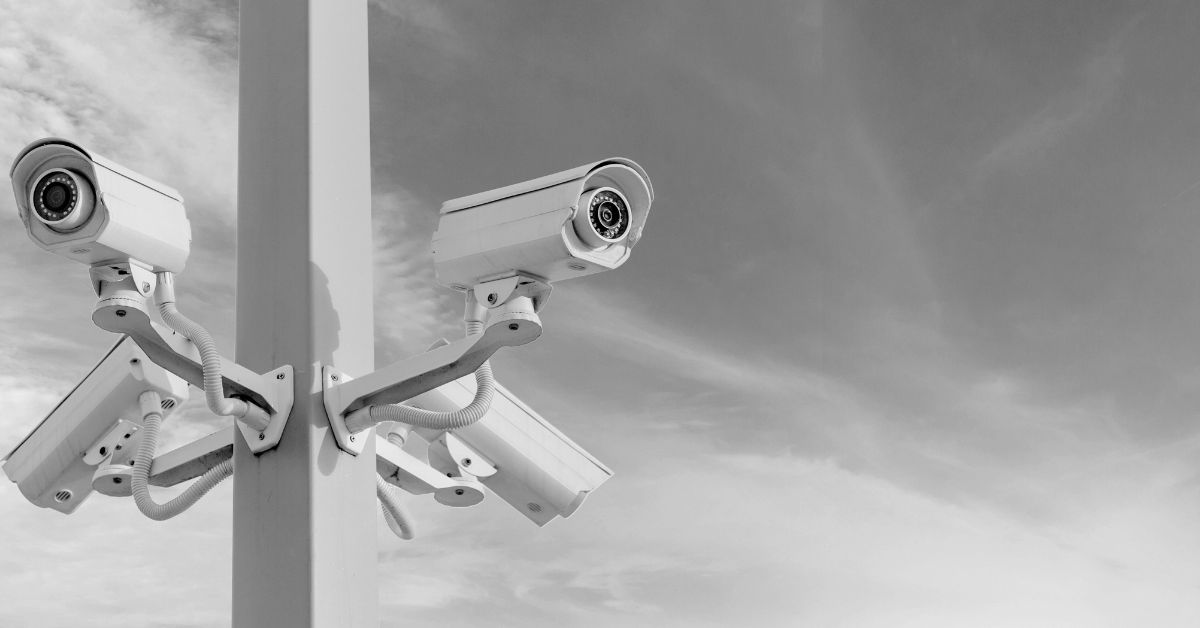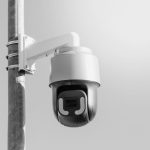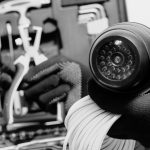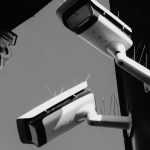In today’s ever-evolving digital landscape, the decision to invest in a top-notch camera system goes beyond mere security concerns. It represents a strategic move to optimise operational efficiency, bolster safety measures, and leverage captivating visual content for promotional and marketing endeavours. Whether you are managing a modest retail establishment, a sprawling corporate headquarters, or a bustling manufacturing plant, choosing the ideal camera system necessitates thoughtful evaluation of a wide array of factors. This comprehensive guide is designed to expertly navigate the intricate process, equipping you with the knowledge needed to make a well-informed decision that perfectly aligns with your business’s unique requirements.
Get Our FREE CCTV/Surveillance Checklist
Why Should You Invest in a High-Quality Camera System?
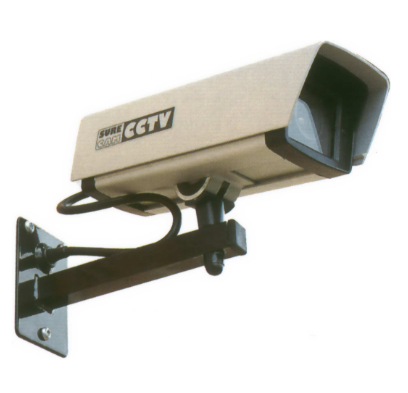
A durable and high-quality camera system provides many advantages for businesses, such as enhanced security, improved monitoring capabilities, and better access to visual data for analysis and decision-making.
- Enhanced Security and Safety: Monitor your property in real-time, discourage potential threats, and guarantee a secure environment for employees and customers.
- Operational Efficiency: “Enhance operational efficiency by streamlining workflows, closely monitor and manage production processes, and stay up to date with and adhere to industry-specific regulations to ensure compliance.”
- Marketing and Visual Content: Produce stunning, detailed images and videos to power your marketing efforts, highlight your products, and connect with your customers.
- Remote Monitoring and Management: You can access camera feeds from any location, facilitating remote management and enabling swift incident responses.
Key Considerations When Choosing a Camera System
1. Camera Types and Features
- Indoor vs. Outdoor Cameras: Determine the locations requiring surveillance coverage and choose weather-resistant options for outdoor areas.
- Resolution: Higher resolutions (e.g., 1080p, 4K) provide clearer images and better detail, especially useful for facial recognition and detailed monitoring.
- Night Vision: Essential for 24/7 surveillance, ensure cameras have infrared capabilities or low-light sensitivity.
- Pan-Tilt-Zoom (PTZ): Allows operators to remotely control the camera movement and focus on specific areas of interest.
- Audio Capability: Some systems offer two-way audio, enabling remote operators and on-site personnel to communicate.
2. Recording and Storage Options
- Local vs. Cloud Storage: Evaluate the pros and cons of each based on cost, accessibility, and security preferences. Cloud storage offers remote access and scalability but may involve ongoing subscription costs.
- Storage Capacity: Calculate the required storage based on camera resolution, frame rate, and retention period requirements.
- Retention Period: Determine how long footage needs to be stored to comply with legal and regulatory requirements. Get Our FREE CCTV/Surveillance Checklist
3. Integration with Existing Systems
- Compatibility: Ensure the camera system seamlessly integrates with your current security infrastructure, access control systems, and IT network.
- Scalability: Choose a flexible surveillance system that can accommodate your business’s growth. This system should enable you to integrate additional cameras seamlessly and enhance their capabilities as your business needs evolve.
4. Ease of Use and Remote Access
- User Interface: The user interface is designed to make camera management and monitoring easier, which helps to reduce the amount of time needed to train staff.
- Mobile Apps: Explore applications that allow you to view camera feeds remotely, receive alerts, and control camera options from your smartphone or tablet.
- Remote Monitoring: Monitor multiple locations from a centralized dashboard, enabling proactive management and quick response to incidents.
Frequently Asked Questions (FAQs)
How many cameras do I need for my business?
Determining the appropriate number of cameras is contingent upon the size of your business, its layout, and the particular surveillance objectives at hand. To effectively plan for this, conducting a thorough site survey is essential to pinpoint crucial areas necessitating surveillance coverage. These areas may include entry points, cash registers, parking lots, and inventory storage spaces.
What is the ideal resolution for business surveillance cameras?
Regarding general monitoring, a 1080p resolution will do the job. However, for areas needing more detailed surveillance, like facial recognition or license plate reading, it’s best to opt for higher resolutions, such as 4K.
How can I ensure data security with a camera system?
When selecting systems, opt for ones with advanced encryption protocols to safeguard data transmission and storage. Additionally, it’s crucial to regularly update firmware and utilize strong, complex passwords to fortify protection against cyber threats.
What are the ongoing maintenance requirements for camera systems?
To keep your equipment in top shape, it’s essential to perform regular maintenance tasks. These include cleaning camera lenses to remove dust and smudges, updating firmware to ensure the latest features and improvements, checking storage capacity to prevent data loss, and testing system functionality to identify and address any issues. Establishing a maintenance schedule is crucial for maintaining optimal performance and reliability.
Get Our FREE CCTV/Surveillance Checklist
Conclusion
Investing in a high-quality CCTV camera system is an important and proactive measure to safeguard your business premises, streamline operational processes, and harness the power of visual content for effective marketing strategies. When selecting a system, it’s essential to consider various factors, such as the types of cameras available, their features, storage options, and integration capabilities, to ensure that the chosen system meets your business’s specific needs and objectives. Seeking guidance from security experts or IT professionals can help you tailor a solution that provides complete coverage and peace of mind for your business operations.
